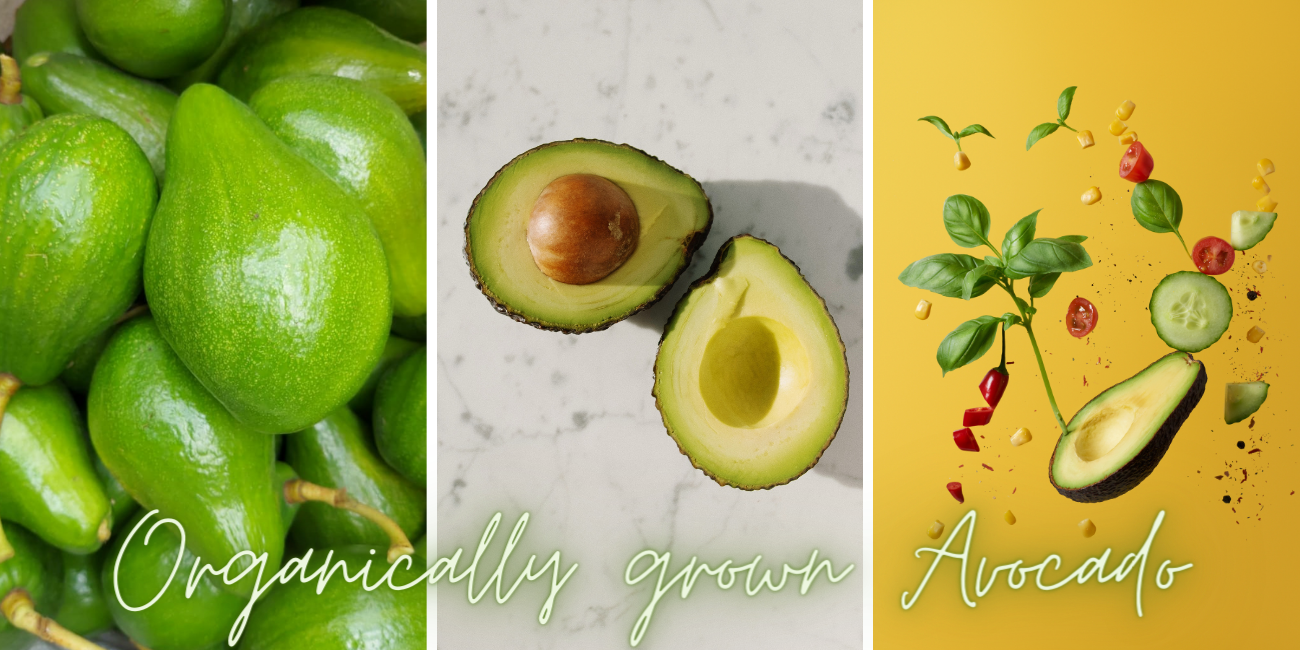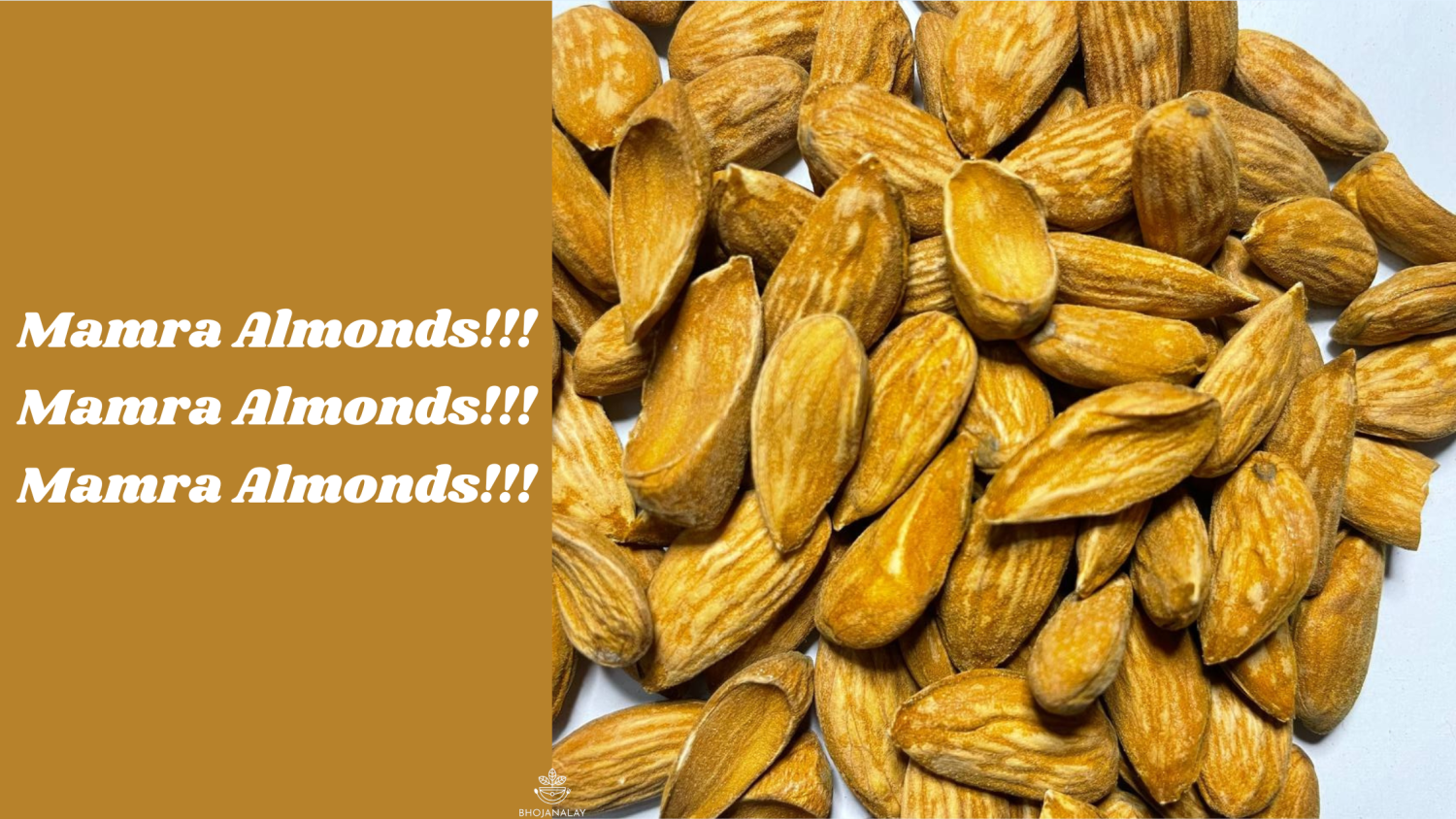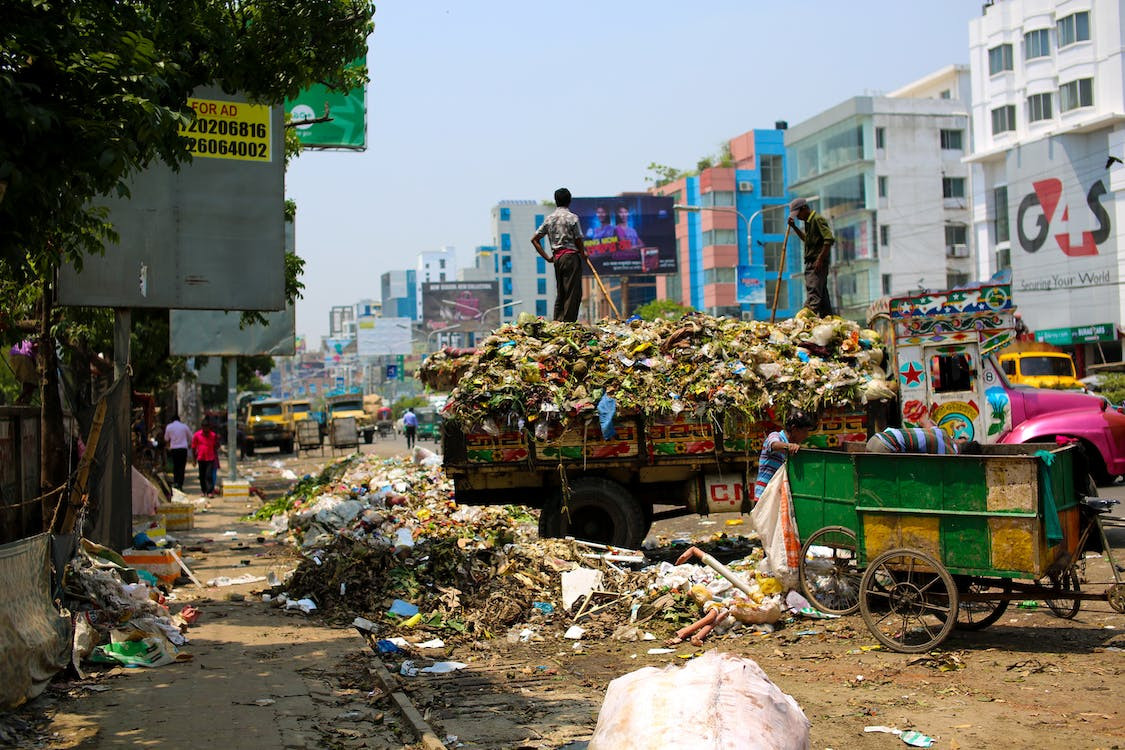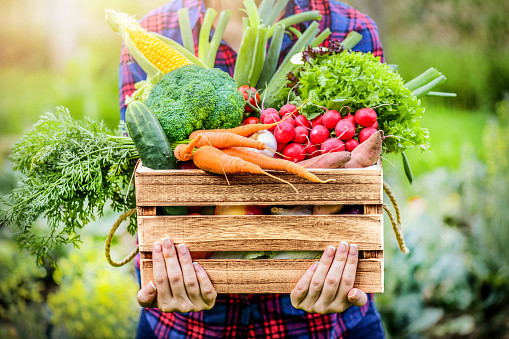Organic Farming: The Latest Trends in Sustainable Agriculture
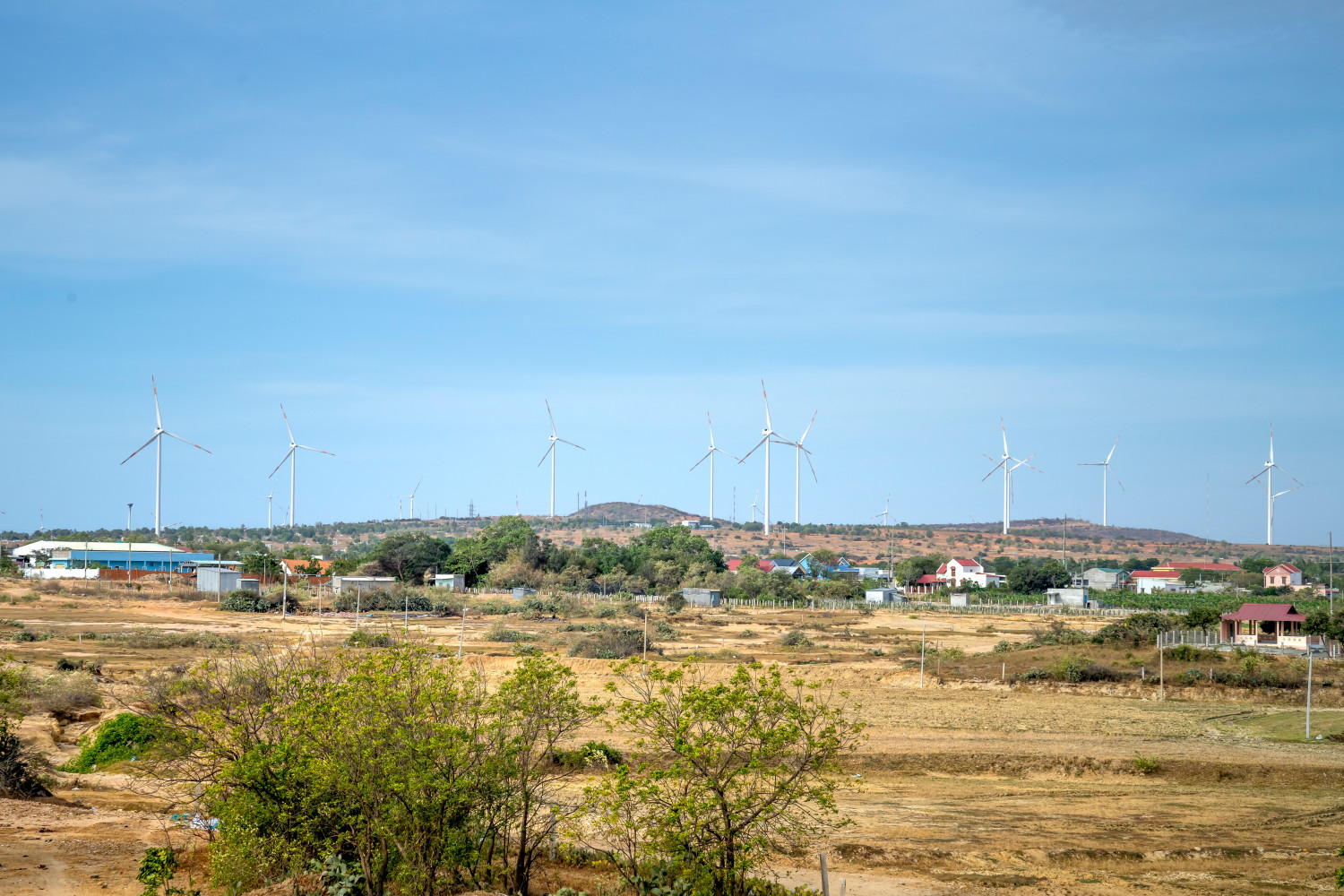
Organic farming is a method of growing food using natural practices that prioritize the health of the environment and the people who consume the food. As consumer demand for organic products continues to grow, so do the trends and innovations in organic farming. Here are some of the most significant trends in organic agriculture today:
Soil health and fertility: Organic farmers are increasingly focusing on soil health as a key component of sustainable agriculture. Practices such as cover cropping, composting, and reduced tillage can help improve soil structure, increase nutrient content, and enhance water retention. This leads to healthier plants, higher crop yields, and ultimately, more nutritious and flavorful food.
Integrated pest management (IPM): Pest control is a crucial aspect of farming, but traditional methods can have negative impacts on the environment and human health. Organic farmers use a variety of IPM techniques to control pests, including biological controls, crop rotation, and the use of natural predators. This approach is more sustainable and can help reduce the risks associated with chemical pesticides.
Climate change adaptation: As the effects of climate change become more pronounced, organic farmers are looking for ways to make their operations more resilient. Practices such as cover cropping and reduced tillage can help reduce greenhouse gas emissions and improve soil health, making farms more resistant to extreme weather events.
Water conservation: Water is a precious resource, and organic farmers are finding ways to use it more efficiently. Techniques such as drip irrigation and mulching can help conserve water while also reducing soil erosion and improving crop yields.
Sustainable farm management: Sustainability is a key concern for organic farmers, and many are taking a holistic approach to managing their operations. This includes considering the economic, social, and environmental impacts of farming practices and working to minimize any negative impacts. Examples include using renewable energy sources, supporting local communities, and protecting natural resources.
Overall, these trends in organic farming demonstrate a commitment to producing healthy, sustainable food. By embracing these practices, organic farmers are helping to create a more equitable and environmentally responsible food system for all.
Photo by Quang Nguyen Vinh: https://www.pexels.com/photo/photo-of-wind-turbines-under-blue-sky-4119952/
